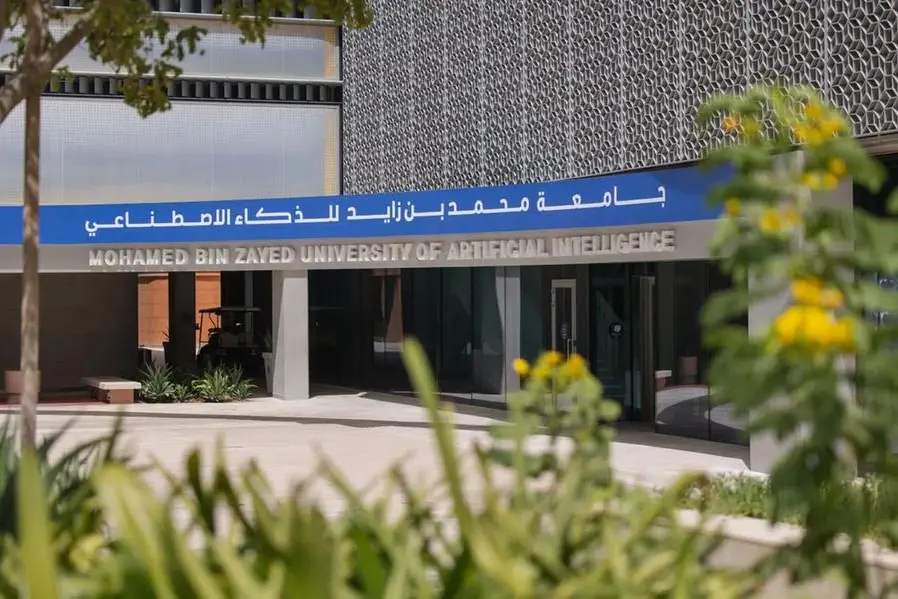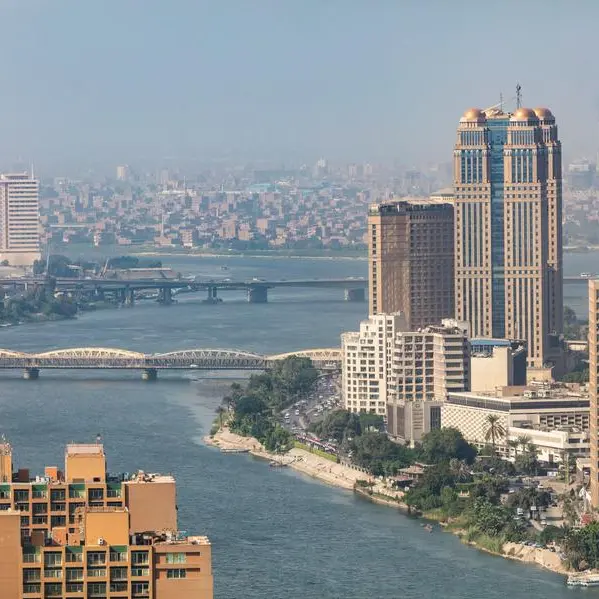PHOTO
ABU DHABI: Mohamed bin Zayed University of Artificial Intelligence (MBZUAI) is set to participate at COP28 in the Greening Education Hub that is organised by the Ministry of Education (MoE) in the UAE later this month, underscoring the critical role artificial intelligence (AI) can play in accelerating innovation and helping society meet climate change targets.
From 30th November to 12th December, the university will spotlight its cutting-edge research to an international audience – expected to be more than 70,000 participants, including heads of state, government officials, industry leaders, academics, and representatives from civil society organisations – aimed at addressing climate challenges while transforming sectors including healthcare and education.
Several research projects will be showcased, including MBZUAI's pioneering research in generative AI and large language models (LLMs), an efficient AI Operating System (AIOS), remote patient monitoring technology, AI-powered solutions for detecting and mitigating the risks of urban heat islands and disease, and a metaverse solution to make education more accessible to children in remote locations.
MBZUAI will also highlight its critical role in developing the UAE's AI ecosystem and a pipeline of talented individuals with the skills and knowledge to enable organisations to embrace 'AI for Climate', one of the university's three key research pillars along with 'Education' and 'Health'.
MBZUAI's Vice President of Public Affairs and Alumni Relations Sultan Al Hajji said, "AI is helping us solve some of the world's most pressing challenges with unprecedented speed, scale and precision."
From investigating new ways of eradicating diseases and illnesses to creating greener chatbots and operating systems, MBZUAI faculty are excited to showcase research on such a global stage and demonstrate its impact across multiple industries. We look forward to supporting the UAE at COP28 in its ambition to adopt AI to combat climate challenges and meet the conditions of the Paris Agreement."
Several MBZUAI faculty are expected to participate in panels during the 13-day conference. MBZUAI President and University Professor Eric Xing will deliver the keynote address at the 'Artificial Intelligence: A Path to Sustainability or an Existential Risk?' session on 8th December at the Education Pavilion Theatre.
Al Hajji will participate in an e panel, discussing the UAE's perspective on AI, education, and sustainability and MBZUAI's Acting Provost, Professor Timothy Baldwin, will contribute to a separate e panel, focusing on AI in sustainability.
Other faculty will take part in two closed workshops. The first is AI for Climate, Decarbonisation and Health. It will explore the role of AI-powered techniques in tackling malaria in Indonesia, enabling localised energy transition through smart energy grids, and informing climate and sustainability policies in urban areas.
The second workshop, titled 'Generative AI for Sustainability and Climate Change' will showcase how an energy-efficient AI Operating System (AIOS) works and demonstrate how Jais, the world's most accurate Arabic large language model (LLM), is empowering more than 400 million Arabic speakers to harness the power of generative AI.





















